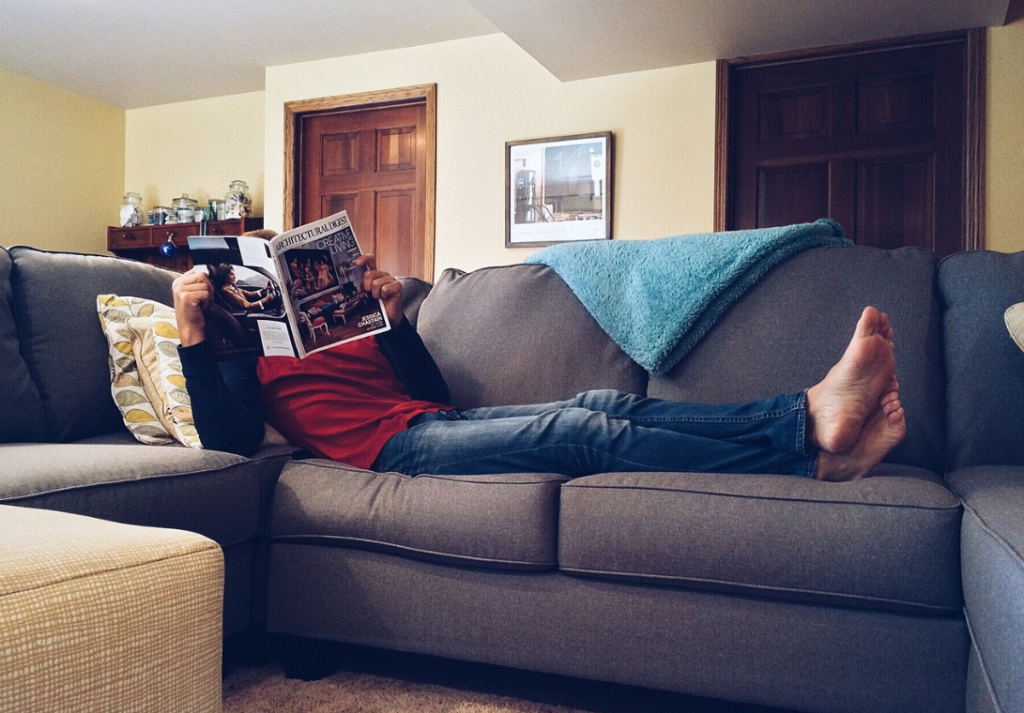Introduction: Why Your Morning Routine Shapes Your Entire Day
Ever notice how one rushed morning can throw off your entire day? Mornings set the tone for everything that follows. If chaos greets you first thing, it often lingers. But with the right routine, your home life can transform into a sanctuary of peace.
Understanding the Link Between Morning Habits and Stress
Your mornings are like the foundation of a house—solid or shaky, they determine everything built on top. Stress creeps in when mornings lack order and intention.
The Science of Stress and Routines
Science shows routines reduce decision fatigue. Instead of wasting mental energy on small choices, habits streamline life, leaving you calmer.
Why Home Life Feels Chaotic Without Structure
Without structure, mornings feel like a traffic jam—too many demands in too little time. Structure acts like traffic lights, guiding everything smoothly.
Step 1: Start With a Peaceful Wake-Up
A stressful start often snowballs. Begin gently, and the rest flows better.
Avoiding the Snooze Button Trap
That tempting snooze button? It disrupts sleep cycles and leaves you groggy. Commit to waking up on time to gain momentum.
Creating a Calming Wake-Up Environment
Soft lighting, a soothing alarm tone, and fresh air can make waking up pleasant instead of painful.
Step 2: Prioritize Mindful Practices
Before the rush begins, give your mind a moment of peace.
Morning Meditation or Deep Breathing
Even five minutes of mindfulness reduces cortisol levels and grounds you for the day.
Journaling to Clear Your Mind
Think of journaling as decluttering your thoughts—just like tidying a messy room.
Step 3: Fuel Your Body With Energy
Your body is like a car; without fuel, it sputters.
The Role of a Healthy Breakfast
Skipping breakfast often leads to energy crashes. Simple meals like oats or eggs keep you going strong.
Hydration as the First Step
A glass of water rehydrates your body after hours of rest and sparks your metabolism.
Step 4: Design Your Home-Friendly Routine
Your home should feel like a partner, not an obstacle.
Decluttering Small Spaces in the Morning
Clearing just one surface—a desk, countertop, or sink—creates instant calm.
Family Involvement in Morning Rituals
When the household works as a team, mornings run smoother. Shared rituals, like breakfast together, build connection.
Step 5: Time Management and Planning Ahead
Time slips away quickly in the morning, so plan smartly.
Using a Morning To-Do List
A short, realistic list prevents overwhelm and keeps you focused.

Preparing the Night Before
Laying out clothes, packing lunches, or prepping breakfast saves precious minutes.
Step 6: Movement and Light Exercise
Your body craves activity after hours of rest.
Gentle Stretches or Yoga
Stretching wakes up stiff muscles and signals your body it’s time to move.
The Energy Boost From Quick Workouts
Even a 10-minute workout floods you with endorphins, turning sluggishness into energy.
Step 7: Protecting Your Mental Space
Your morning mood influences everyone at home.
Limiting Screen Time Early in the Day
Scrolling through emails or social media first thing overloads your brain with stress.
Practicing Gratitude and Positivity
Listing three things you’re grateful for shifts your mindset toward optimism.
The Long-Term Benefits of a Morning Routine
A routine isn’t just about mornings—it reshapes your entire lifestyle.
Reduced Household Stress
A calm morning ripples into calmer days and smoother interactions.

Improved Family Dynamics
Consistency reduces conflict. Families thrive on predictability and shared rituals.
Common Mistakes to Avoid in Building a Routine
Not every strategy works for everyone, and some mistakes can backfire.
Trying to Do Too Much at Once
Building 10 new habits at once guarantees burnout. Start small and expand gradually.
Forgetting Flexibility and Balance
A rigid routine can feel like a cage. Leave room for flexibility—it’s about support, not control.
Conclusion: Building Your Stress-Free Home Life
Creating a morning routine isn’t about perfection; it’s about progress. Each step you take toward calmness makes your home a haven. Think of it as planting seeds—you water them daily, and over time, they grow into a life filled with peace and joy.
FAQs
1. How long does it take to build a morning routine?
On average, habits take around 21–66 days to form, depending on consistency and lifestyle.
2. Should I wake up earlier to make time for a routine?
Not necessarily. It’s about using your current time wisely, not sacrificing sleep.
3. How can I stick to my morning routine long-term?
Start small, celebrate progress, and adapt as your lifestyle changes.
4. What if my family doesn’t follow the same routine?
Focus on your habits first. Over time, your consistency often inspires others.
5. Can a morning routine reduce overall stress?
Yes. A structured morning lowers cortisol levels and sets the stage for calmer decision-making all day.




